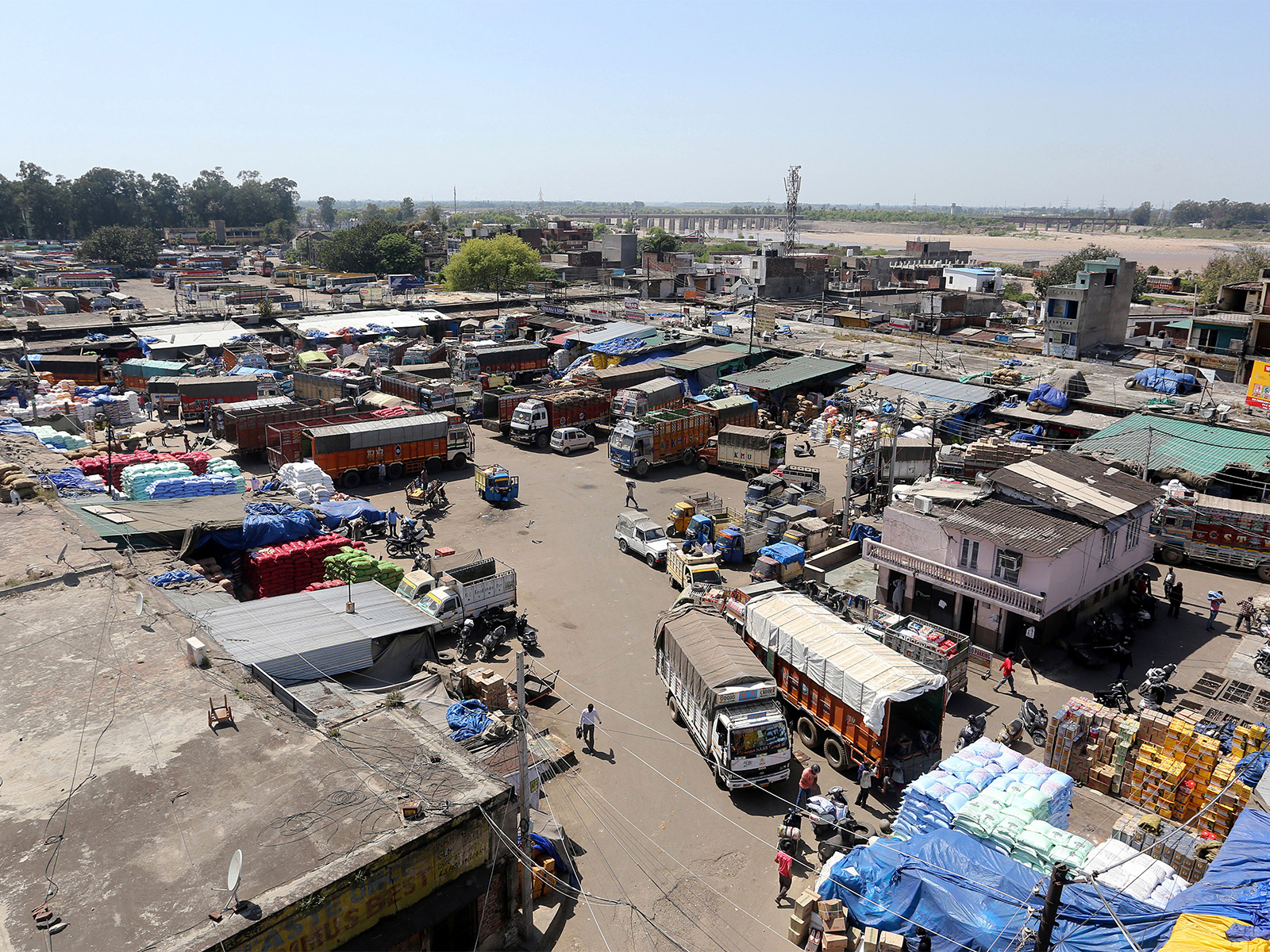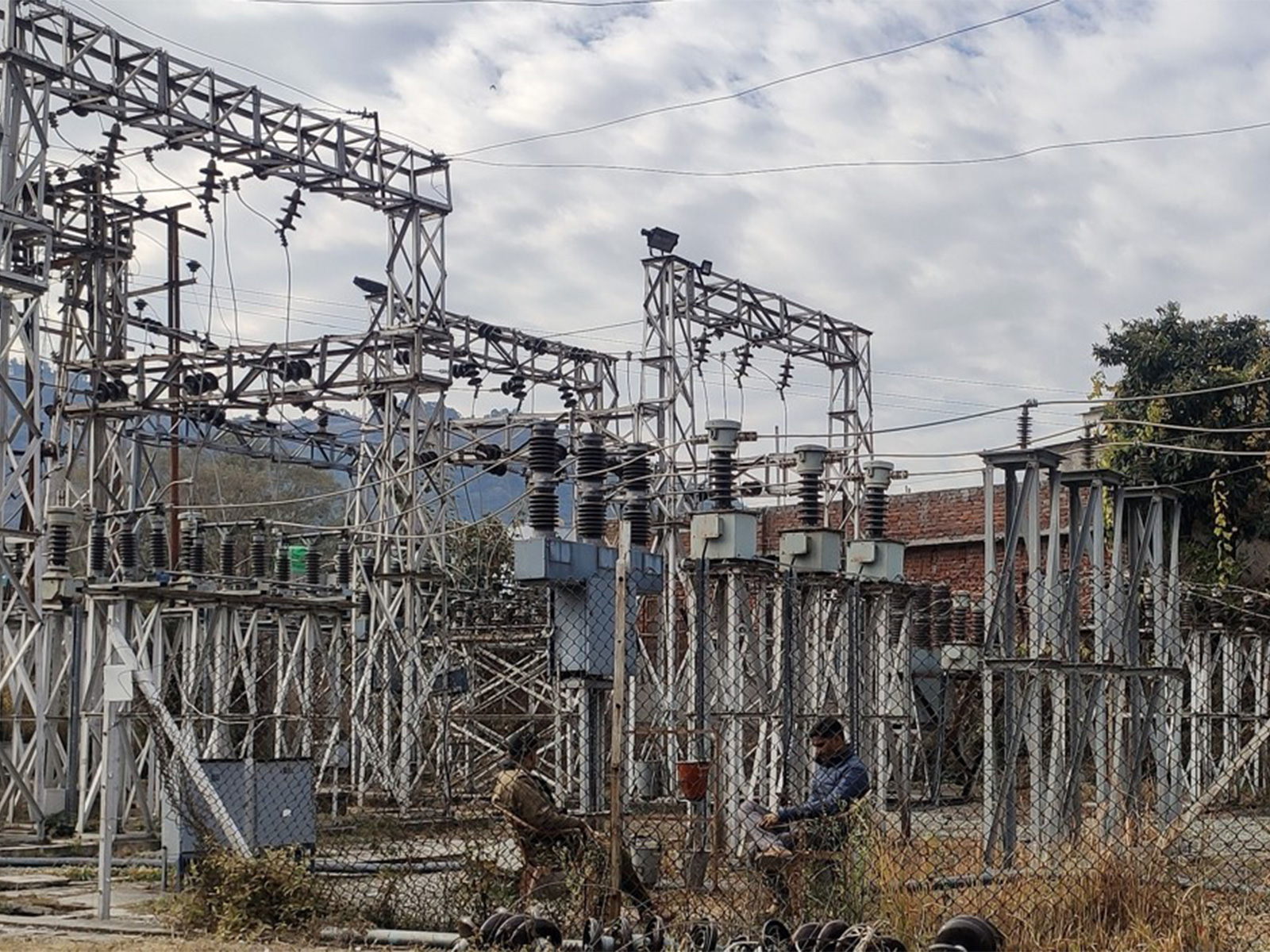California [US], July 5 (ANI): Due in part to its frequent treatment resistance, pancreatic cancer is an especially aggressive and challenging malignancy to treat. This resistance is linked to the chemical composition of the surrounding tissue as well as the tissue’s physical stiffness around the malignant cells, according to a study from Stanford.
Their research demonstrates that this resistance may be overcome and identifies possible targets for novel treatments for pancreatic cancer. It was published in Nature Materials.
“We found that stiffer tissue can cause pancreatic cancer cells to become resistant to chemotherapy, while softer tissue made the cancer cells more responsive to chemotherapy,” said Sarah Heilshorn, a professor of materials science and engineering at Stanford and senior author on the paper. “These results suggest an exciting new direction for future drug development to help overcome chemoresistance, which is a major clinical challenge in pancreatic cancer.”
The researchers focused their efforts on pancreatic ductal adenocarcinoma, a cancer that starts in the cells lining the ducts of the pancreas and accounts for 90% of pancreatic cancer cases. In these cancers, the network of materials between the cells, known as the extracellular matrix, becomes notably stiffer. Scientists have theorized that this stiff material acts as a physical block, stopping chemotherapy drugs from reaching cancerous cells, but treatments based on this idea have not been effective in humans.
Heilshorn worked with PhD student Bauer LeSavage, lead author on the paper, to develop a new system to study these changes to the extracellular matrix and better understand their impact on pancreatic cancer cells. They designed three-dimensional materials that mimicked the biochemical and mechanical properties of both pancreatic tumors and healthy pancreas tissues, and used them to culture cells from pancreatic cancer patients, which they received from Calvin Kuo, the Maureen Lyles D’Ambrogio Professor at Stanford Medicine.
“We created a designer matrix that would allow us to test the idea that these cancerous cells might be responding to the chemical signals and mechanical properties in the matrix around them,” Heilshorn said.
Using their new system, the researchers selectively activated certain types of receptors in the cancerous cells and adjusted the chemical and physical properties of their designer matrix. They found that pancreatic cancer needed two things to become resistant to chemotherapy: a physically stiff extracellular matrix and high amounts of hyaluronic acid – a polymer that helps stiffen the extracellular matrix and interacts with cells through a receptor called CD44.
Initially, the pancreatic cancer cells in a stiff matrix full of hyaluronic acid responded to chemotherapy. But after some time in these conditions, the cancerous cells became resistant to chemotherapy – they made proteins in the cell membrane that could quickly pump out chemotherapy drugs before they could take effect. The researchers found that they could reverse this development by moving the cells to a softer matrix (even if it was still high in hyaluronic acid) or blocking the CD44 receptor (even if the matrix was still stiff).
“We can revert the cells back to a state where they are sensitive to chemotherapy,” Heilshorn said. “This suggests that if we can disrupt the stiffness signaling that’s happening through the CD44 receptor, we could make patients’ pancreatic cancer treatable by normal chemotherapy.”
The discovery that pancreatic cancer cells interact with the stiff matrix around them through CD44 receptors was a surprise, Heilshorn said. Other cancers can be affected by mechanical properties of the extracellular matrix, but these interactions typically work through a different class of receptors called integrins.
“We showed that pancreatic cancer cells weren’t really using integrin receptors at all in our materials,” Heilshorn said. “That’s important, because if you want to design a drug to resensitize patient cells to chemotherapy, you need to know which biological pathway to interfere with.”
Heilshorn and her colleagues are continuing to investigate the CD44 receptor and the chain of events that follows after it is activated in a cancerous cell. The more they can reveal about the biological mechanisms that lead to chemoresistance, the easier it will be for drug developers to find a way to disrupt the process.
The researchers are also working to improve their cell culture model, adding new types of cells to better mimic the environment around a tumor, and tweaking it to investigate other mechanical properties beyond stiffness. In addition to opening up new avenues for treating chemoresistance in pancreatic cancer, the researchers hope this work highlights the potential role of the extracellular matrix in cancer progression and the importance of using realistic models to find treatments.
“When we design chemotherapies, we should be testing our cultures in matrices that are relevant to a patient,” Heilshorn said. “Because it matters – the way cells respond to drugs depends on the matrix that’s around them.” (ANI)
Disclaimer: This story is auto-generated from a syndicated feed of ANI; only the image & headline may have been reworked by News Services Division of World News Network Inc Ltd and Palghar News and Pune News and World News
HINDI, MARATHI, GUJARATI, TAMIL, TELUGU, BENGALI, KANNADA, ORIYA, PUNJABI, URDU, MALAYALAM
For more details and packages
















